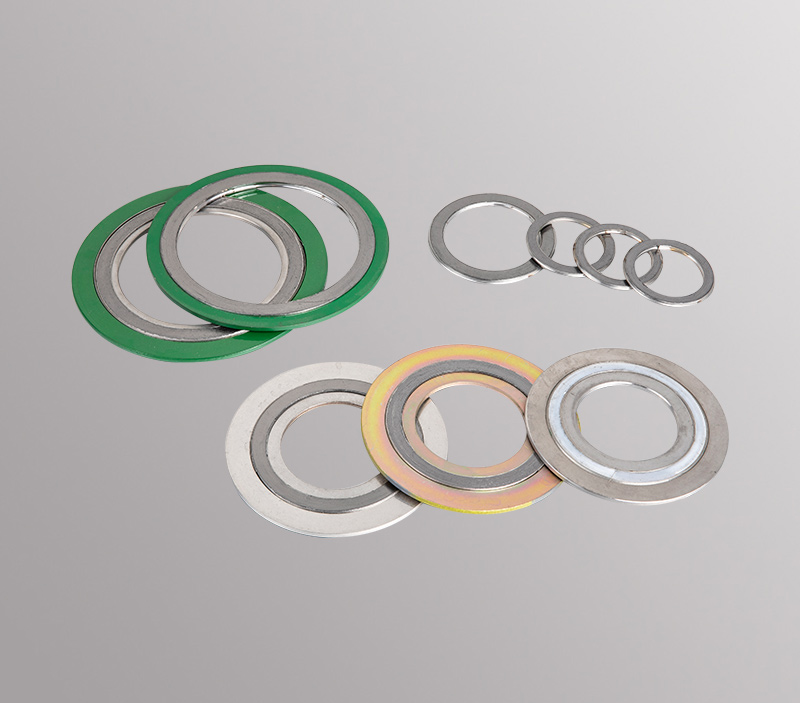What are the types of Non-Metallic gaskets
Non-metallic gaskets are sealing materials used in various industrial applications to prevent fluid or gas leakage between two surfaces under compression. Unlike metallic gaskets, non-metallic gaskets are made of non-metallic materials such as rubber, fiber, or plastic. They are widely used in applications where metallic gaskets are not suitable due to high temperatures, corrosive environments, or soft flange surfaces.
Types of Non-Metallic Gaskets
Rubber Gaskets: Rubber gaskets are made of natural or synthetic rubber materials and are commonly used in applications where the gasket needs to be flexible, such as in pipes or pumps. Rubber gaskets offer good resistance to high temperatures, and chemicals, and are easy to install.
Fiber Gaskets: Fiber gaskets are made of various fibrous materials such as cellulose, cork, or asbestos. These gaskets are commonly used in applications where the gasket needs to be strong and resistant to heat and chemicals.
PTFE Gaskets: PTFE (Polytetrafluoroethylene) gaskets are made of a special type of plastic that is highly resistant to chemicals and can withstand high temperatures. These gaskets are commonly used in applications where the gasket needs to be strong and resistant to corrosive environments.
Advantages of Non-Metallic Gaskets
Cost-effective: Non-metallic gaskets are generally less expensive than metallic gaskets, making them a cost-effective solution.
Easy to install: Non-metallic gaskets are easy to install and require less maintenance compared to metallic gaskets.
Corrosion-resistant: Non-metallic gaskets are highly resistant to corrosive environments, making them ideal for use in chemical processing plants or other harsh environments.
High-temperature resistance: Non-metallic gaskets can withstand high temperatures, making them ideal for use in high-temperature applications.

 English
English CHINESE
CHINESE Espana
Espana Arab
Arab Language
Language


